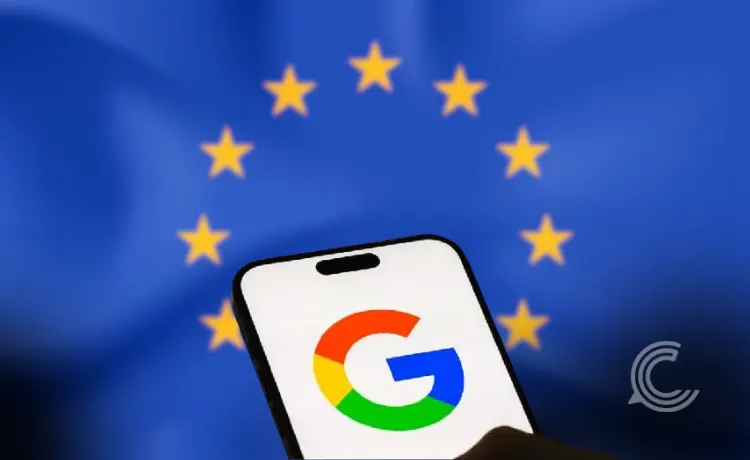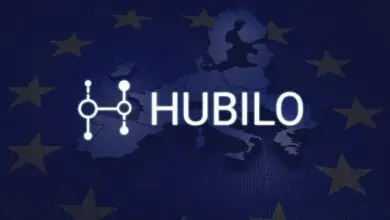Google Offers EU Adtech Reforms to Avoid Forced Breakup

Key Highlights–
- Google proposes new adtech policy changes to address EU antitrust concerns without selling any part of its business.
- Brussels has warned that a breakup remains on the table if Google’s behaviour does not change.
- The reforms mirror Google’s battle with US regulators over its dominant AdX exchange.
Alphabet-owned Google has proposed a new set of adtech policy reforms to the European Union in an effort to avoid being forced to divest its advertising business.
The proposal comes just weeks after the European Commission fined the company €2.95 billion for favouring its own advertising technology services and strengthening the dominance of its AdX ad exchange. This core component sits at the heart of online ad auctions worldwide.
Google Pitches Behavioural Fixes as EU Pressures Mount
Brussels has long argued that Google’s vertical integration across ad-buying tools, publisher platforms and the AdX marketplace creates a fundamental conflict of interest. By controlling every major side of the digital advertising chain, regulators say, Google has the incentive and ability to shape auctions in ways that disadvantage rivals.
As reported by Reuters, the Commission stated that these practices harmed competition and reduced revenues for publishers and advertisers.
However, the EU had previously indicated that Google may need to sell part of its adtech business to resolve the conflict, one of the strongest structural remedies ever floated in a European Big Tech case. The company was given until November to submit a viable solution.
Google Rejects Breakup Pressure, Offers Policy Tweaks Instead
In a blog post published on Friday, Google confirmed that it has submitted a proposal “broadly similar” to the plan it offered to the US Department of Justice, which is pursuing its own parallel case. Google argued that a forced sale of AdX would be “technically unworkable” and destabilising for the thousands of publishers and advertisers that rely on its systems.
“Our proposal fully addresses the Commission’s decision without a disruptive break-up,” the company said, insisting that publishers would benefit more from product changes than from structural upheavals.
Under the plan, Google will roll out immediate changes to eliminate the specific behaviours the EU flagged, allowing publishers to set different minimum prices for other bidders in Google Ad Manager. This shift could dilute Google’s control over auction dynamics.
What This Means for Other Big Tech Firms
Google’s bid to settle the EU case without selling any part of its ad business could become a watershed moment for other Big Tech companies under antitrust scrutiny.
Firms like Amazon, Apple, and Meta are closely tracking the outcome because it may effectively shape how Brussels enforces dominance cases in the future.
If the Commission signals that strong behavioural commitments are enough, these companies could use Google’s settlement as a playbook to avoid structural remedies in their own investigations. Ranging from Apple’s App Store rules to Amazon’s marketplace practices and Meta’s data advantages.
However, if regulators reject Google’s reforms and continue to push for divestment, it would send a different message: that Europe is once again willing to pursue hard breakups against the world’s largest digital platforms. This turning point could redefine the compliance strategy of every tech major operating in Europe.
What Comes Next
The Commission will now review Google’s proposal, consult affected industry players, and determine whether the company’s commitments sufficiently address its concerns. Publishers, rival adtech firms, and advertiser groups are expected to weigh in heavily.
Although for Google, the decision could reshape the future of its multi-billion-dollar advertising empire. Whether behavioural reforms are enough for Brussels or whether this case becomes a landmark structural action will hold global implications for the governance of Big Tech.



